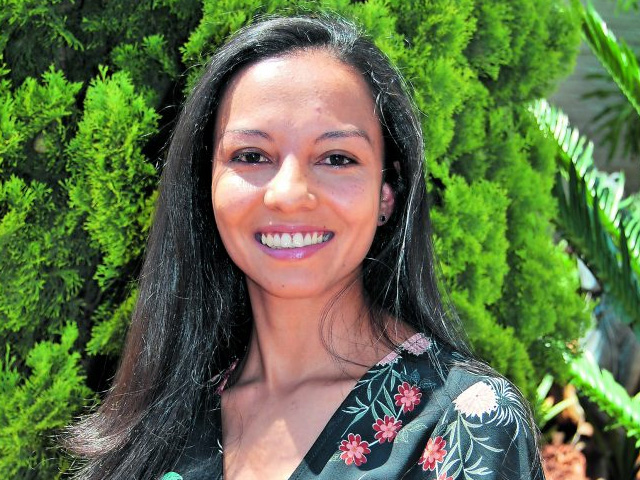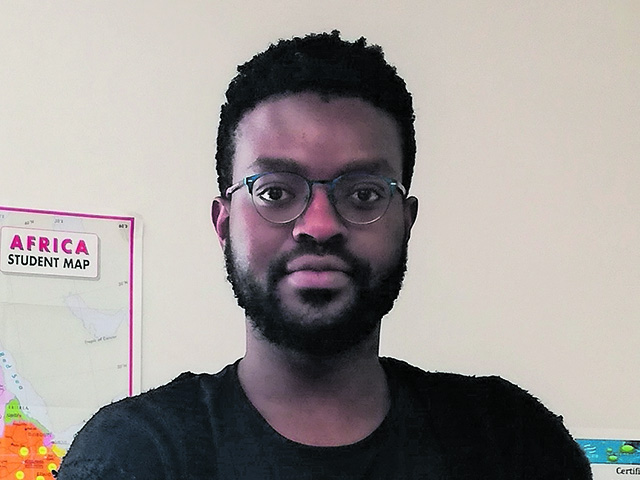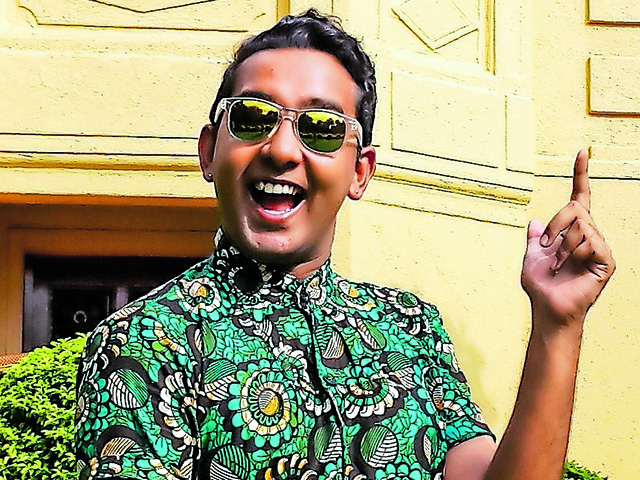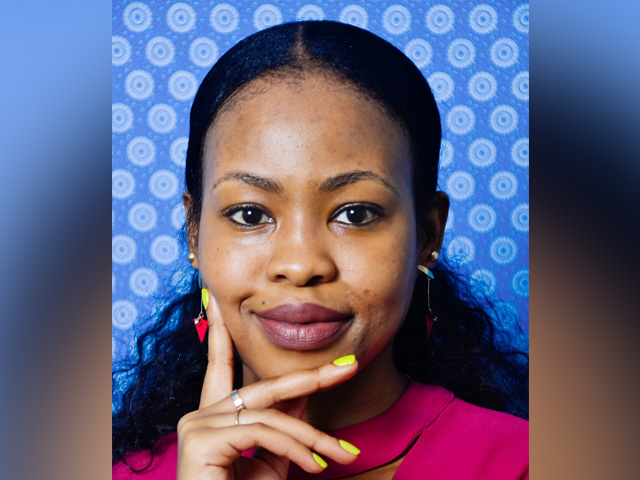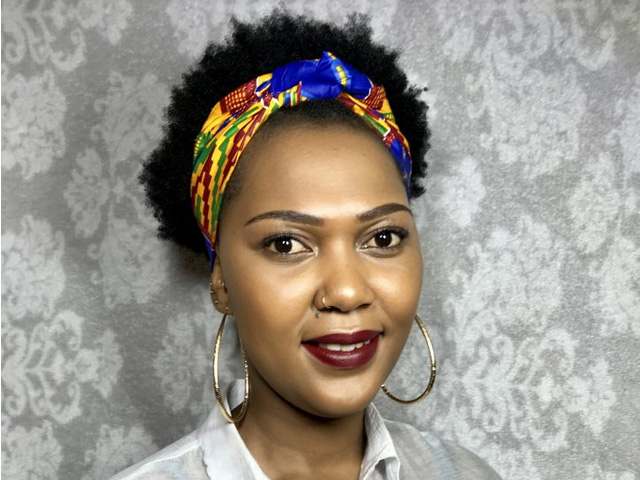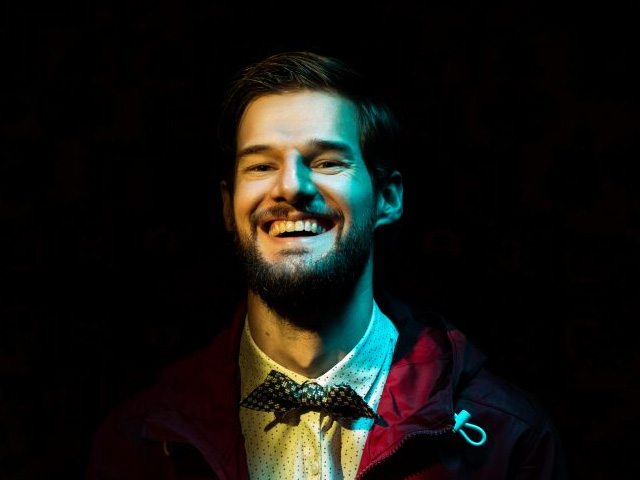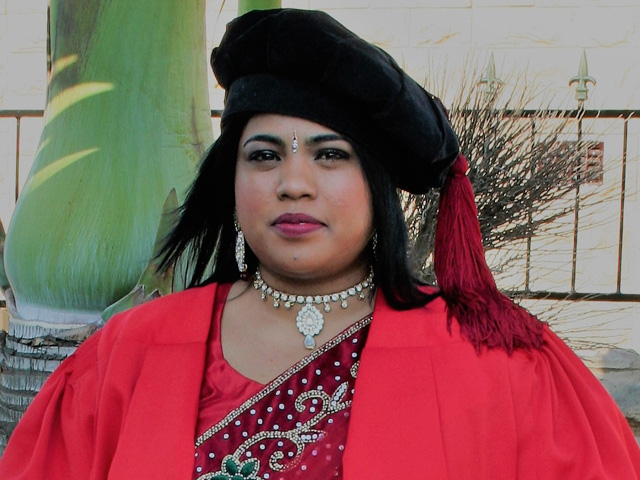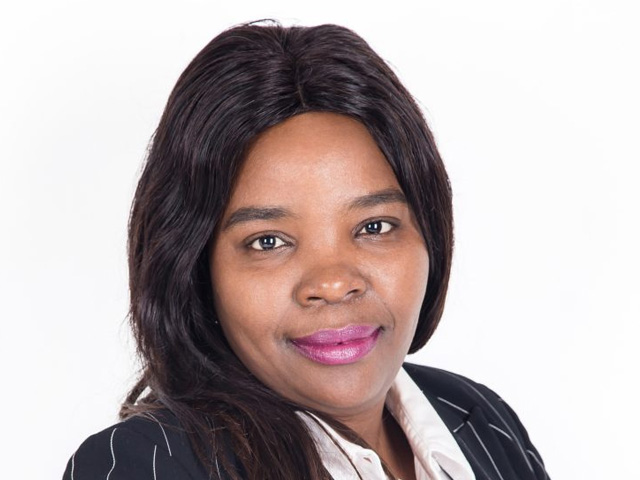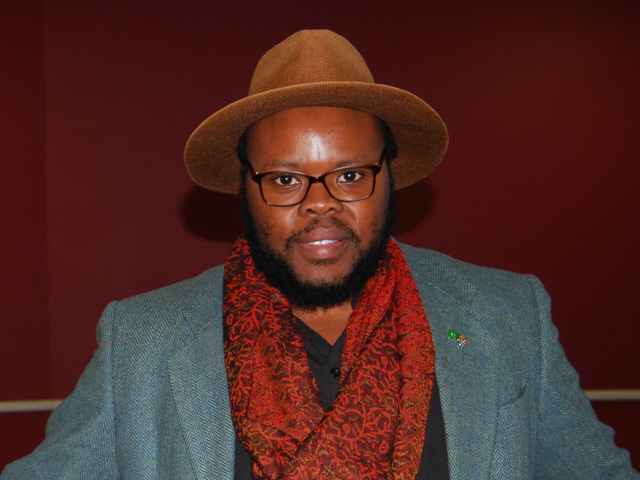Working hard to better oneself ultimately benefits the community as a whole. This is Mzwendaba Jizani’s determined approach to life, and it has seen him progress steadily through his schooling years in the township of Kwanonqaba near Mossel Bay, to become a science and physical science tutor of grades 10, 11 and 12 learners, and a maths tutor for levels N1 to N3.
Jizani prides himself as a mentor for learners who are of an age where responsible role models are critical for their education. He is also a judge at the Eskom Science Expo for Young Scientists.
“As well as tutoring, I provide career guidance to pupils within the Stem fields, and over the past 10 years I have seen more and more learners from the Kwanonqaba community studying further and taking up Stem-related careers,” says Jizani.
Motivated by his learners’ hunger to learn and their eagerness to succeed, as well as the encouragement and motivation of his community and the parents of the learners, Jizani is driven to give of his best, for the good of all.
Funding is the greatest challenge in his work, particularly for winter schools, and for after-school programmes where food is needed for the learners.
“I believe everyone is born with a purpose, and that we need to find that purpose so together we can better our communities. Every student I meet has something positive to offer in the community, and it’s my task, with that student, to find it.” — Linda Doke






